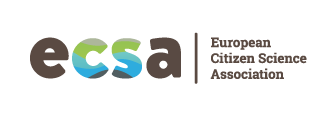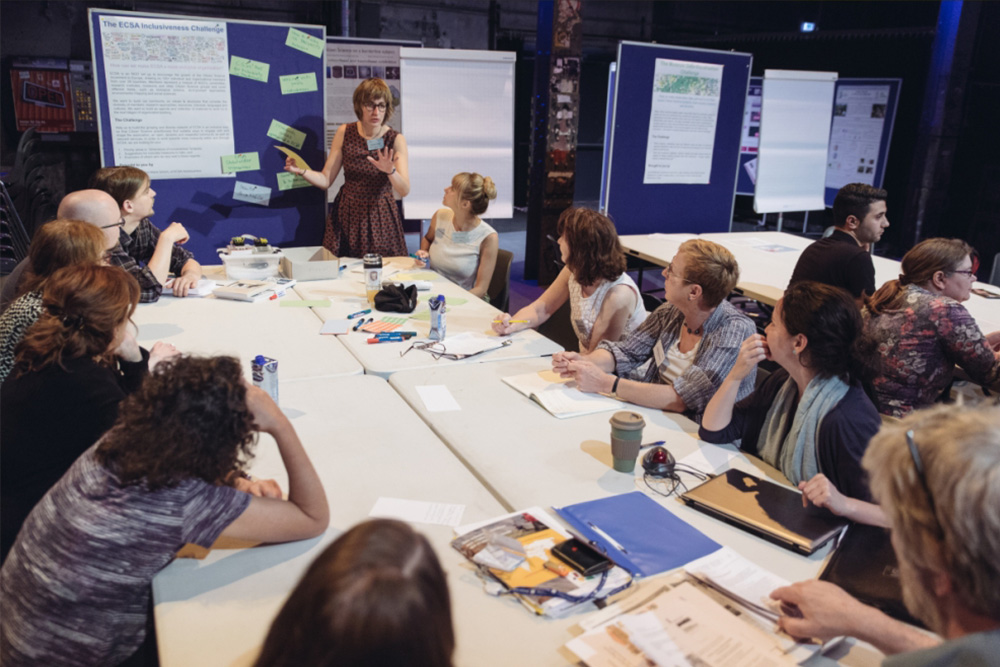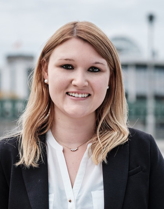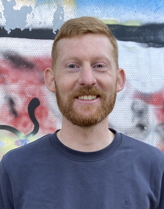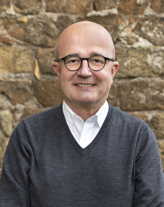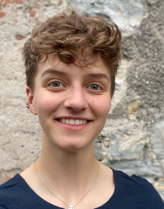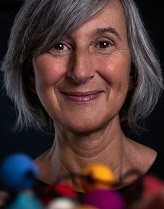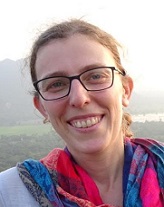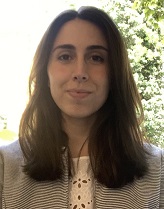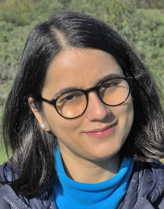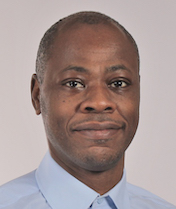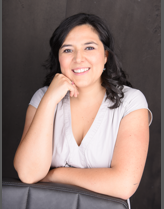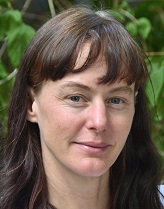Following up with the ECSA Inclusiveness Challenge
by Claudia Göbel
At the ECSA international conference 2016 in Berlin, myself and Marie Grimm from ECSA Headquarters (HQ) participated in the Think Camp that was organized by Margaret Gold and Lucy Patterson with the ECSA inclusiveness challenge. It has already been some time since the conference and work has continued on the issues that were discussed. Now, finally, there is also some time to write up a little report on the session and what has become of it.
What was the challenge about?
We wanted to build an agenda and collection of materials to work on in the next stages of organization building. Since ECSA is not a small informal network anymore but growing rapidly into a European NGO with international partners, it’s time for an extra effort to ensure we’re building our community on appropriate values and suitable structures. Considering the diversity of members, regarding research approaches, resources, interests, languages and cultures, this is not an easy task. These differences need to be taken into account for the ways in which we interact with each other and for providing good resources and services; they are one of our most important resources. This is why we are asking for support to start a conversation and joint action.
Our challenge is to build the growing and diverse network of ECSA in an inclusive way, so that Citizen Science practitioners find suitable ways to engage with and shape the association, an open, dynamic and respectful community as well as relevant services. Inclusivity concerns many aspects of how we run an organization – the communities we’re reaching across different approaches for citizen engagement, opportunities for young academics/practitioners, offers for marginalized groups, membership fee structures, event organization, intercultural communication, transparency, etc.
In order to work towards more inclusivity within and through ECSA, we are looking for
- Priority areas or “dimensions of inclusiveness” to tackle,
- Suggestions for concrete measures to take, and
- Examples of others who do very well in these regards.
What was discussed in the session?
The overarching topic of this table was citizen science (CS) and inclusiveness. Participants agreed that on a general level citizen science has the potential to be a transformative approach and make research more inclusive. However to work towards this aim, CS needs to become a more inclusive practice in itself. How this can be achieved was discussed on three levels and topics for further discussion (marked with a circle) and ideas for action items (marked with an arrow) were identified.
(1) How to make CS as approach to research more inclusive?
Here we find big questions that are important across single projects for the CS community as a whole. Open discussions among practitioners and stakeholders are needed to advance knowledge and action on these topics.
- Funding and its distribution across CS sub-communities
- Critical reflection on who controls and receives funds for doing CS
- Minimal wage for project organizers vs. the Uberization of research
- Create small, easily accessible grants for grassroots projects
- Create events bringing grassroots communities together with funders for pitching their ideas
- Ethics of volunteering
- Be aware of differences between volunteer and professional involvement in CS projects
- Create guidelines on how to ethically work with volunteers
- Minorities and diversity
- How can minorities benefit from CS?
- Exchange experience, good practice, capacity building
- What methodologies are there for working with participants in inclusive ways?
- What project examples are there doing well on inclusiveness?
- Cooperation / international dimension
- How to bring inclusiveness to all of Europe, the world?
- Make CS projects more inclusive (see 2)
- Create inclusive organizations for CS (see 3)
(2) How to make CS projects more inclusive?
- Project partners
- Work with community-based organizations
- Participants
- How can the diversity or project participants be increased?
- How can marginalized groups be included?
- How to include people with no scientific background?
- Ethics of participation, mutual benefits, compensation
- What to offer in return for participation? How to make it worthwhile? What is the value of contributing in a CS project?
- Volunteering is often associated with costs. How can we deal with them?
- Volunteering is by definition giving for free. But in CS projects we often find a power imbalance of the people designing and steering projects (often payed) and those who contribute (for free). How can this be addressed and become democratized/just?
(3) How to make ECSA a more inclusive organization?
- Members & partners
- Diversify research areas and CS communities represented in ECSA
- Be inviting and transparent
- Connecting ECSA and bottom-up CS communities as members, partners and for activities
- Connect to existing structures of (internationally connected) grassroots groups, e.g. Fablabs, Hackteria, Hackerspaces.org, transitionnetwork.org
- Map CS projects in Europe to get an overview
- Integrative processes & procedures
- Be mindful of inclusiveness for event organization, e.g. days of the week, timing
- Offer stipends, travel cost support, lower conference fees (1/4 or 1/3 of full price) for practitioners who can’t otherwise afford to participate
- Find ways to compensate members of grassroots communities for attending and contributing to ECSA events
- Use synergies with other projects and networks where possible, e.g. can there be travel support through the COST Action
- For working with grassroots communities – ECSA should offer freedom and make an interesting offer in terms of funding and topic
- Use open calls for contribution to identify whom to work with
- Organization structure
- How to decentralize ECSA?
- Implement transparent and inclusive governance structures, examples IPCC/IPBES/NeFo (network of knowledge), transition network
- Anchoring inclusiveness further in ECSA structure
- Keep working on the topic
- Support exchange of experience, good practice & capacity building for making CS projects more inclusive
- Work on topics that are important for making CS as approach to research more inclusive
- Make ECSA a more inclusive organization
- Inclusivity working group
- Experimenting to be more inclusive with DITOs events
What was the impact of the session?
The session has helped to stimulate ongoing reflections on how ECSA can become more inclusive as an organization and support inclusiveness of CS more in general. We’re very grateful to participants for their ideas and recommendations! Although nobody has committed to setting up a working group on the topic so far, we keep working on and expanding the ideas gathered during the session at ECSA HQ, especially:
- Members & partners – continue to be transparent about the base of ECSA membership, rework benefits of membership and fee structure (HQ for ECSA GA 2017), reaching out to CS communities so far underrepresented in ECSA – especially DIY science (e.g. in the context of DITOs),
- Processes – working to make event organization and other activities more inclusive, research on how to offer compensations for members of grassroots communities, using more open calls for contribution, communicating more in general (in all projects and HQ),
- Structure – continue to explore decentralization, more transparent and inclusive governance structures and how to further anchor work on inclusiveness in the ECSA structure (through Executive Board),
- Supporting further discussions on inclusiveness – support exchange of experience, good practice & capacity building for making CS projects more inclusive as well as to work on topics that are important for making CS as approach to research more inclusive (through DITOs).
In addressing these challenges ECSA HQ seeks synergies with related activities like the COST Action, and continues to be thankful for any contribution by members, partners and volunteers to help us working on this big and essential topic for ECSA and CS. Please get in touch if you’d like to contribute!
